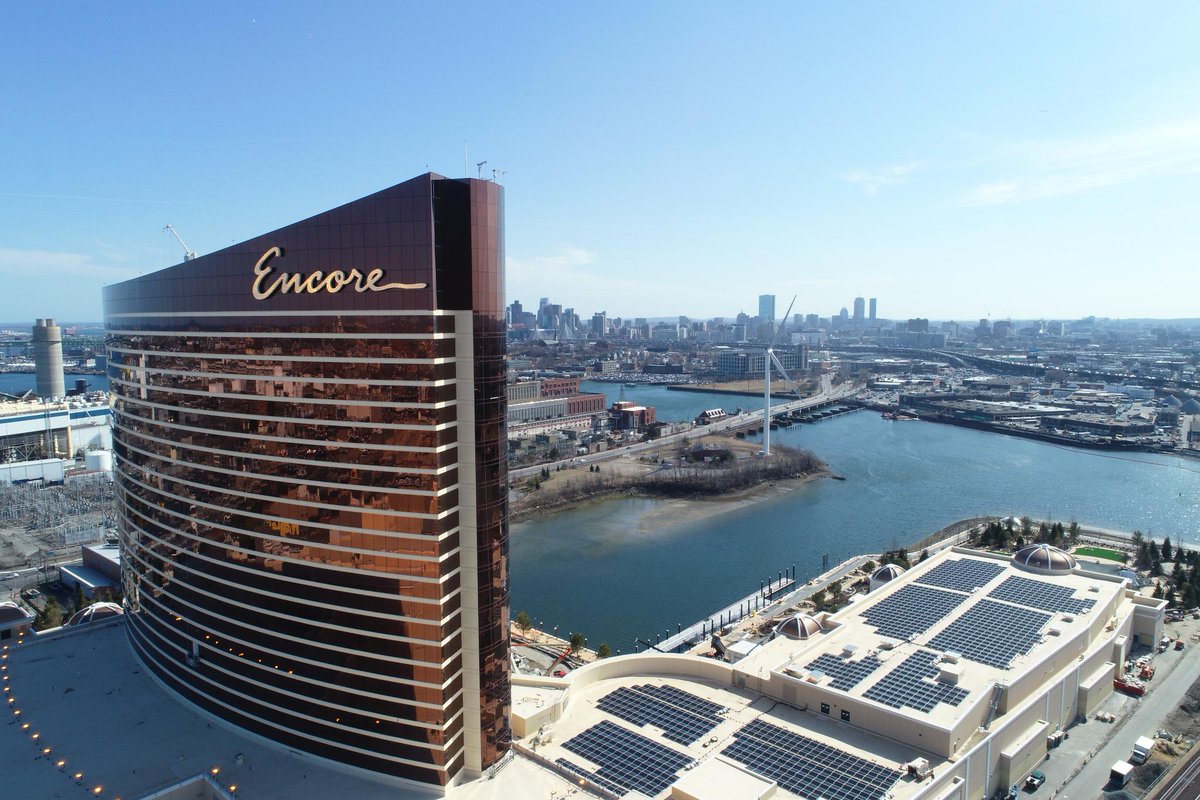Research has found that Encore Boston Harbor is accounted for around $1.6 billion in the latest economic condition throughout entire Massachusetts. UMass Donahue Institute’s researchers have released their findings this week. The report submitted by them was named “The Construction of Encore Boston Encore Harbor- Employment, Spending, and Economic Impacts.” The report is only a part of the University program about the Social and Economic effect of Gaming in the state of Massachusetts.
Encore Boston Harbor
The conductors of the research have found that the casino complex of Wynn Resort has installed or advocated approximately around 2, 500 jobs, created a cumulative individual income of around $1 billion, and achieved around $1.6 billion of “total new financial activity” in that state. The total new financial activity has been defined as a gross state or value-added product.
Wynn Resorts gets costed around $2.6 billion by Encore Boston Harbor to establish and open. The included resort began its operation in June 2019.
Wynn Resort stated it put $1.6 billion on the building of Encore Boston Harbor. The other $1 billion was put on the buying and preparing the place in Everette. This place was the former home of a backfill and chemical plant. The $1 billion was also featured $85 million which was the one-time license fee to Massachusetts, buy neighboring properties, pay local agreements, hire workers, and fund regional infrastructure.
The UMass research has found that around 69 percent of that $.6 billion construction cost which amounts to almost $1.1 billion has been given to contractors in Massachusetts. And around 40% of these contracts have gone to companies and firms based in Suffolk and Middlesex countries. Brian Gullbrants, Encore Boston Harbor’s President said that they were pleased to observe the efforts which had impacted significantly on their state and local economies.
During the total five-year construction period, almost more than 6.7K people worked at some point on the Encore Boston Harbor. Those workers cumulatively spent around 5.2 million hours on their job. A very little part of them accounted for only about 25% of the building workforce when beyond 90% of them were male. The jobs involve bot resort and casino operations.



